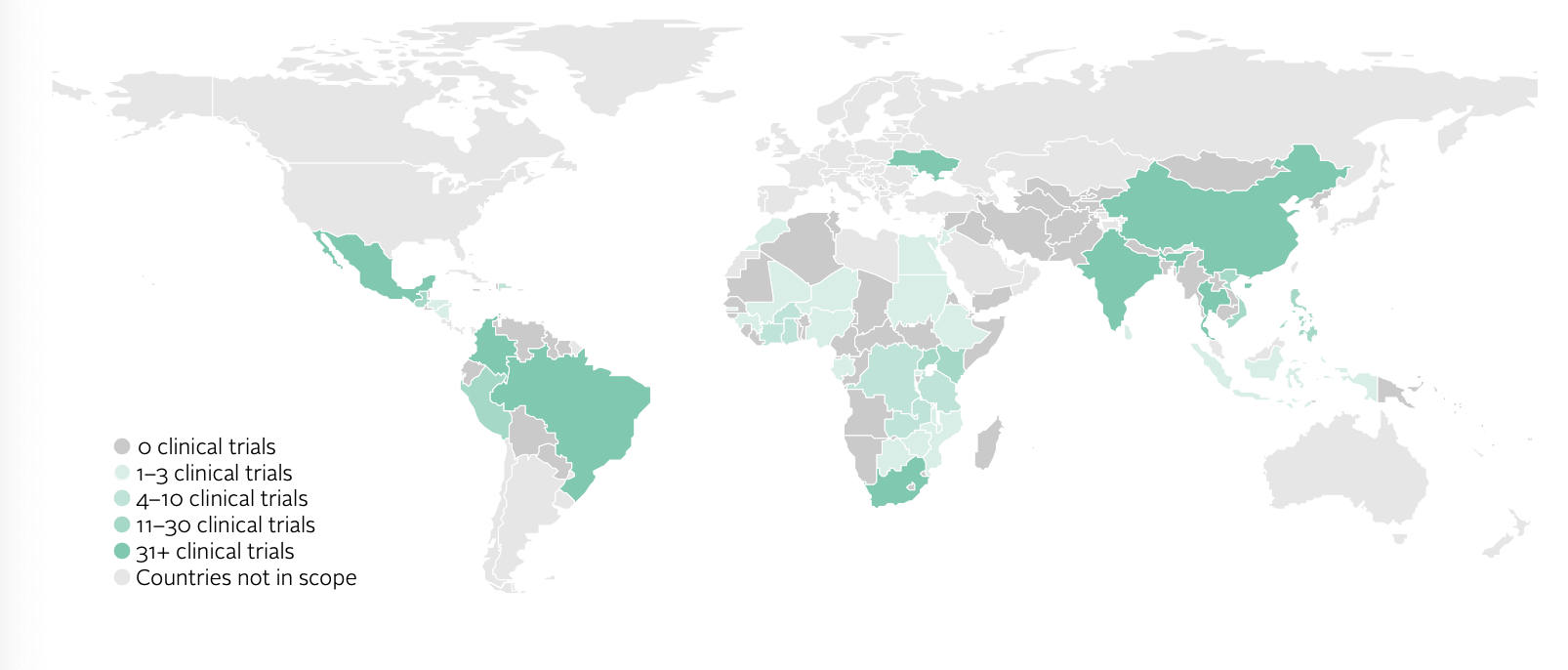Pharmaceutical Companies Fail to Expand Access to Essential Medicines Amid COVID-19 Pandemic

Major pharmaceutical companies have made minimal progress in expanding access to essential medicines since the COVID-19 pandemic, according to a new report released by an industry watchdog organization.
The 2024 Access to Medicine Index, which evaluates 20 of the world's leading drugmakers, found that despite some improvements from certain companies, the overall pace of change in improving availability of life-saving medicines remains slow across more than 100 low- and middle-income countries.
The report, released on Tuesday, ranked companies based on their efforts to make lifesaving treatments accessible and affordable everywhere they are needed. Novartis topped the list for the first time with a score of 3.78, displacing long-time leader GlaxoSmithKline (GSK) to second place.
However, even top performers remain well below the maximum score. The report found that nearly half of essential medicines - from treatments for diabetes and cancer to cardiovascular and infectious diseases - remain unregistered in countries with the highest disease burdens.
Critics say pharmaceutical companies prioritize seeking market access in wealthy nations where they conduct clinical trials, making it difficult to ensure early access planning and ultimately widening the access gaps instead of closing them. The report also notes that technological transfers, or the sharing of manufacturing knowledge with local producers, are heavily concentrated in a handful of emerging markets.
The 2024 Access to Medicine Index highlights inadequate progress from pharmaceutical companies towards expanding access to medicines, particularly for low-income countries. With global health becoming increasingly important and the potential to reverse some gains against epidemics made since the past year, these improvements will only continue if immediate change is implemented and sustained by companies across industry globally.
The report also notes that voluntary licensing agreements - which allow generic manufacturers to produce and distribute patented medicines at lower costs - have slowed significantly, with just two new agreements in 2024.
